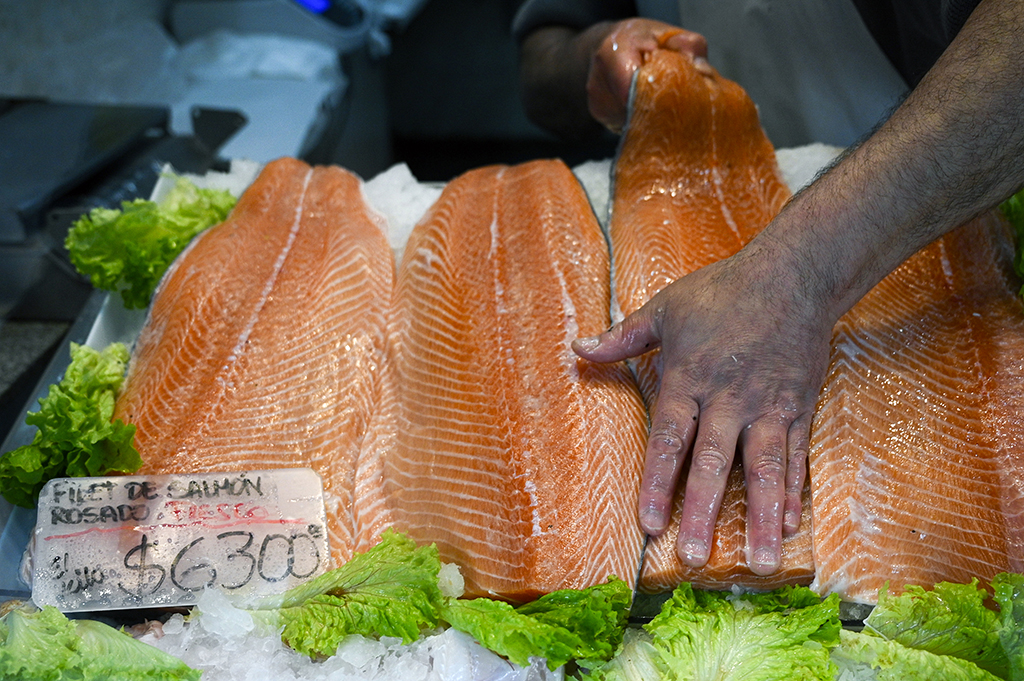PARIS: Consumers and businesses around the world are facing steeper prices for everything from Mexico's beloved tortillas to the aluminum cans used by beer companies. Inflation jumped after countries emerged from COVID lockdowns and it has soared since Russia invaded Ukraine, with the IMF expecting consumer prices to rise by 8.3 percent globally this year. Here is a look at how higher prices are affecting the world:
Fuel
The invasion of Ukraine by Russia, the world's third largest oil producer, sent crude oil prices through the roof. The main international contract, Brent North Sea, almost hit $140 per barrel, but has now dropped back below $100. Prices at the pump have followed suit, surging to over two euros per liter in eurozone countries and above five dollars per gallon in the United States, before falling back in recent weeks. Natural gas has also become more expensive, especially in Europe, where electricity prices hit record levels in Germany and France.
Energy prices were up 38.6 percent in the eurozone in August from the same month last year, according to revised official data published Friday. Higher energy prices ripple throughout the economy as they affect the production and transportation costs of companies.
Pasta, beans and tortillas
The war sent food prices soaring as the war disrupted grain exports from Ukraine, a major supplier of wheat and sunflower oil to countries around the world. In May, Allianz estimated that pasta prices had risen 19 percent in the eurozone over the previous 18 months. In Canada, another large exporter of wheat, a 500-gram package had risen by 60 cents in July from the same month last year, to CAN$3.16, according to official data.
In Thailand, the price for instant noodles, which is controlled by the state, rose for the first time in 14 years in August-a 17 percent increase to seven bahts (20 US cents). The price of the corn flour used to make tortillas in Mexico-a staple used for tacos and other dishes-is up by around 13 percent from last year and contributing to two-decade high inflation. Pinto beans, a Brazilian staple, cost nearly 23 percent more in August than at the same time last year.
Meat
With grain more expensive, feeding livestock has become costlier and farmers have in turn raised their prices. Meat in China cost 22 percent more in August than last year. Chinese authorities will tap into their strategic reserves of pork for a second time this year in order to stabilize prices, the official Xinhua news agency said Friday.
In Argentina, ground beef patties are popular as their prices have traditionally been low, but these have shot up by three quarters in the past 12 months. The country currently has one of the highest inflation rates in the world at 56.4 percent over the first eight months of the year. In Europe, it is chicken prices that have taken wing as farmers have had to contend with bird flu in addition to cost pressures. Wholesale prices were up by a third in August from the same month last year.
Brewers have been hit with not only rising grain prices, but also for the aluminum cans and glass bottles for their beer. These are 70 percent more expensive than before the war in Ukraine, according to the trade association of European brewers. Heineken, the world's second-largest brewery group, hiked its prices by an average of 8.9 percent over the first half of this year.
According to estimates by Bloomberg, AB InBev, the world's top brewer whose beers include Budweiser and Corona, has increased its prices by eight percent. In Britain, the cost of a pint has risen above four pounds ($4.6), the highest price since 1987, according to Britain's Office for National Statistics.
Newspapers
Paper prices have climbed as demand has risen following the end of COVID lockdowns. Printing is an energy-intensive process. Several French dailies raised their prices earlier this year, as have a number British newspapers like the Sun, the Times and Sunday Mail. Others have reduced their number of pages. In Europe overall, the prices of newspapers were 6.5 percent higher in July, according to official data. - AFP











